- Home
- international
- news
- These are 7 of the Black activists, historians, and writers Ron DeSantis doesn't want students knowing
These are 7 of the Black activists, historians, and writers Ron DeSantis doesn't want students knowing
Yoonji Han

- The College Board released its revised curriculum for a new AP class in African American studies.
- The Florida Department of Education had rejected the course, including topics like intersectionality and Black queer studies.
Kimberle Crenshaw, legal scholar of intersectionality and critical race theory
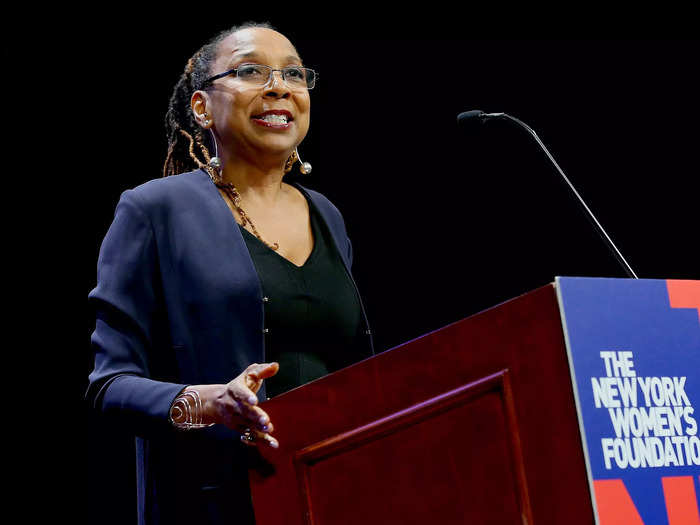
Kimberle Crenshaw, a law professor at Columbia University and a civil rights advocate, is renowned for spearheading work around critical race theory and intersectionality.
Crenshaw helped shape the framework of critical race theory, which runs on the core idea that race is a social construct, and that racism is embedded in legal systems and policies. She also coined the term "intersectionality" to describe the ways in which racial and gender prejudice interact and compound each other, according to her faculty bio.
Florida commissioner of education Manny Diaz, Jr. claimed that intersectionality "ranks people based on their race, wealth, gender and sexual orientation."
A lot of Crenshaw's work centers around inequality, including her research on the "school to prison pipeline" for African American children, as well as on police killing of Black girls and women, which was the launchpad for the #SayHerName campaign.
Angela Davis, philosopher and activist
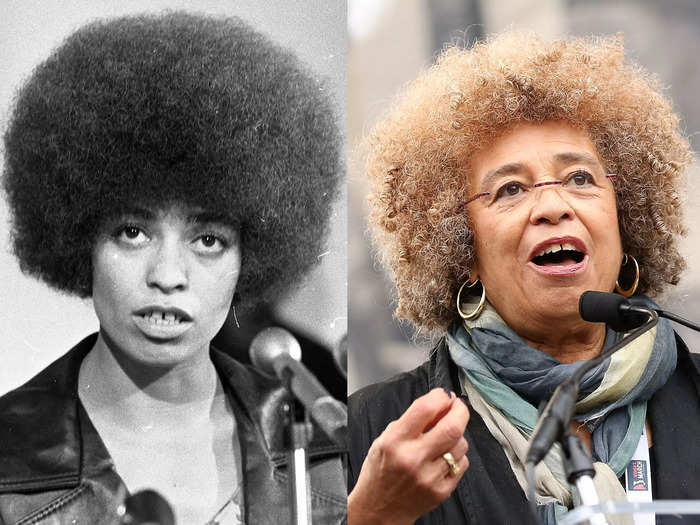
An icon of feminism and Black liberation, Angela Davis is a civil rights activist and philosopher who was an active member of the Black Panther Party and the Communist Party.
Born in Birmingham, Alabama — then a hotbed of racial prejudice and persecution — Davis got a start in political activism at an early age. As a teenager, she organized interracial study groups, which were broken up by the police.
Years later, Davis was hired to teach at the University of California, Los Angeles, but the school fired her because of her association with communism. She brought the case to court and eventually got her job back.
In 1970, Davis drew international attention when she was put on the FBI's most wanted list after a man's failed prison escape attempt. During George Jackson's trial, his brother entered the courtroom to claim hostages in return for Jackson. The ensuing shoot-out left three people dead. Although she was not at the crime scene, Davis was arrested. After spending 18 months in jail during her trial, she was acquitted in 1972.
Davis eventually returned to teaching, and became a thought leader in Black feminism and other social justice movements.
bell hooks, feminist writer and social activist
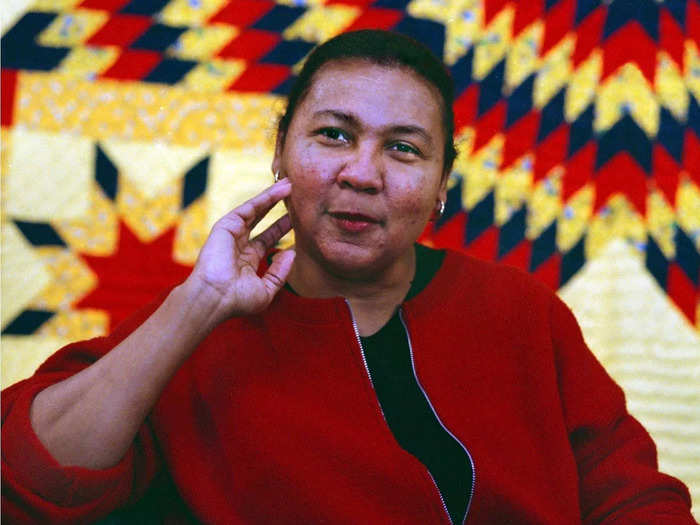
Renowned Black feminist Gloria Jean Watkins, best known by her pen name bell hooks, wrote about race, feminism, and class. She explored how the intersectionality of race, capitalism, and gender created and perpetuated systemic oppression and class divide.
hooks was born in 1952 in Hopkinsville, a small, segregated town in Kentucky, to a working class family. She started writing when she was 19 years old, and published more than 30 books that laid the groundwork for Black feminist thought.
She adopted her maternal great-grandmother's name as her pen name, and used lowercase letters both to honor her great-grandmother and to keep the focus on her works, not on her personal self, hooks said in an interview in 2018.
hooks taught at several institutions throughout her lifetime, including the University of Southern California, Stanford University, Yale University, and Berea College in Kentucky. She died in December 2021.
Roderick Ferguson, professor of gender and sexuality studies
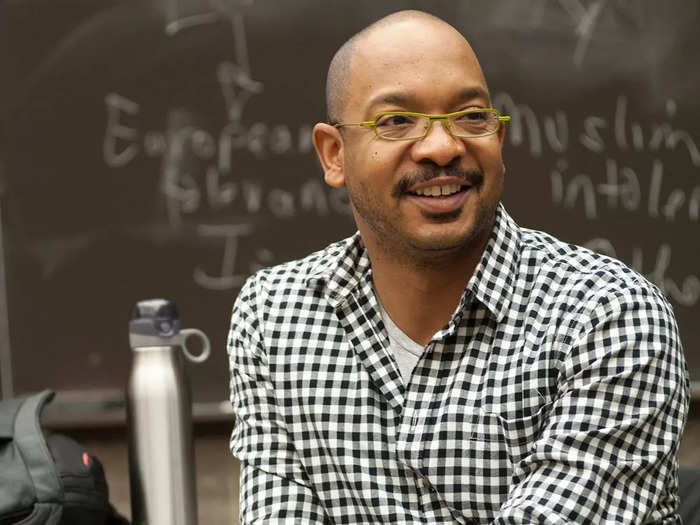
Roderick Ferguson teaches women's, gender and sexuality studies at Yale University.
A leading contributor to queer theory, Ferguson is credited with coining the term "Queer of Color Critique," which examines how the power dynamics associated with race, class, sexuality, ability, and other identity markers influence the lived experiences of people. The concept draws from the works of Black and brown feminist scholars like Audre Lorde, Kimberle Crenshaw, and Gloria Anzaldua.
Ta-Nehisi Coates, author and journalist
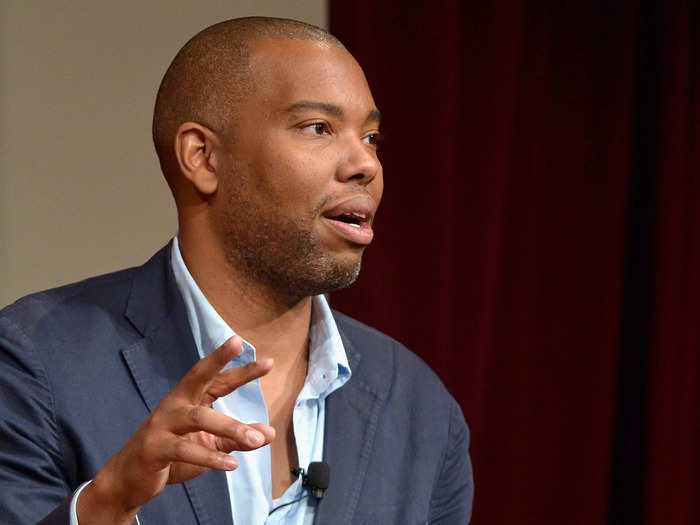
Ta-Nehisi Coates is an author and journalist whose work focuses on social, political, and cultural issues, especially regarding racism, the experiences of African Americans, and white supremacy.
Coates was born in Baltimore, Maryland. His mother was a teacher, and his father a publisher, librarian, and former Black Panther who founded and ran Black Classic Press, a publishing company specializing in African American titles.
Coates argued for reparations for slavery and the institutional racism of housing discrimination in his seminal article "The Case for Reparations," published in The Atlantic in 2014.
In January, Florida's Department of Education claimed the topic of reparations in the AP course has "no critical perspective or balancing opinion."
"The popular mocking of reparations as a harebrained scheme authored by wild-eyed lefties and intellectually unserious Black nationalists is fear masquerading as laughter," Coates wrote in "The Case for Reparations."
"Black nationalists have always perceived something unmentionable about America that integrationists dare not acknowledge — that white supremacy is not merely the work of hotheaded demagogues, or a matter of false consciousness, but a force so fundamental to America that it is difficult to imagine the country without it," he wrote.
Leslie Kay Jones, social movements scholar
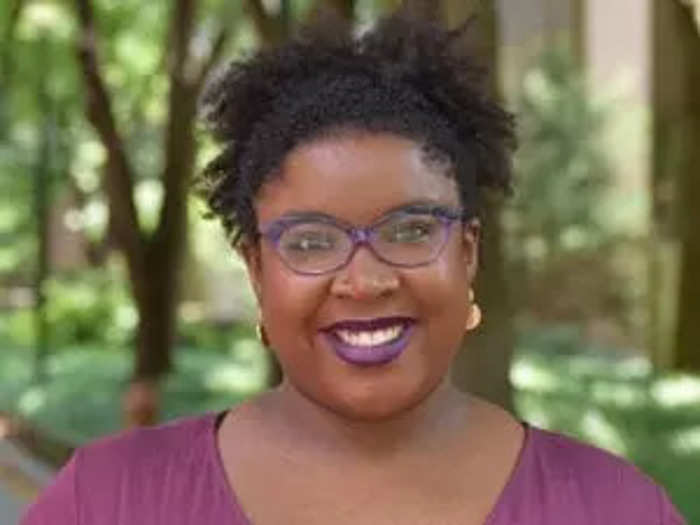
Leslie Kay Jones teaches sociology at Rutgers, specializing in social movements.
Her recent research article, titled "#BlackLivesMatter: An Analysis of the Movement as Social Drama," examines how Black users on social media platforms like Twitter are "harbingers of racial progress," shaping the contemporary civil rights movement.
In 2020, the head of the College Board initially credited the Black Lives Matter movement for spurring the creation of the AP African American History course. But the organization's revised curriculum excised almost all mention of the social justice movement.
"African American Studies is a rigorous scholarly response to real political arguments made in the public sphere, from foundational government documents to majority court opinions to popular political rallies, which demonstrate that race operates as a hierarchy in American social life," Jones recently wrote in an opinion piece responding to the revised curriculum. "As a result, it often challenges the ideology that race is a natural, instinctive way to understand human difference."
Robin D.G. Kelley, historian
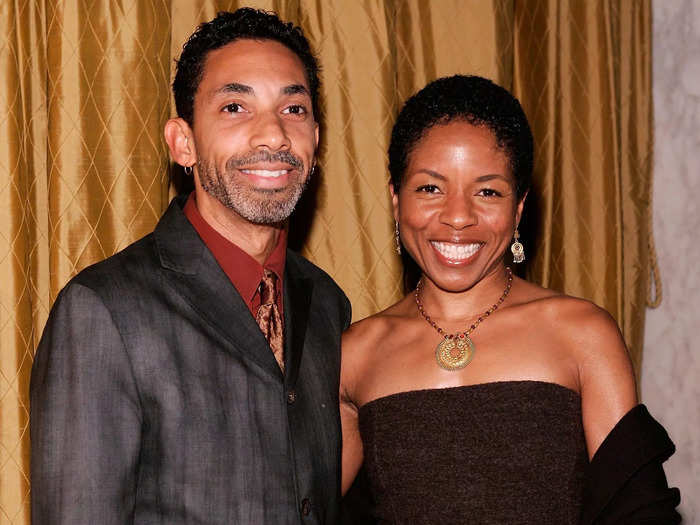
Robin D.G. Kelley is a historian and professor at UCLA. His work centers around radical social movements and the politics underlying African American culture, including jazz, hip hop, and visual arts.
Kelley was singled out by the Florida Department of Education because his "first book was a study of Black communists in Alabama," and that activism "is the catalyst for social transformation."
"The subject of African American studies, even before it was called that, has been not just the condition of Black people but the condition of the country," Kelley told the New Yorker in response to the College Board's revised curriculum. "And not just narrating that oppression and understanding it [...] but also understanding what's wrong with this country, with the system."
Popular Right Now
Popular Keywords
Advertisement